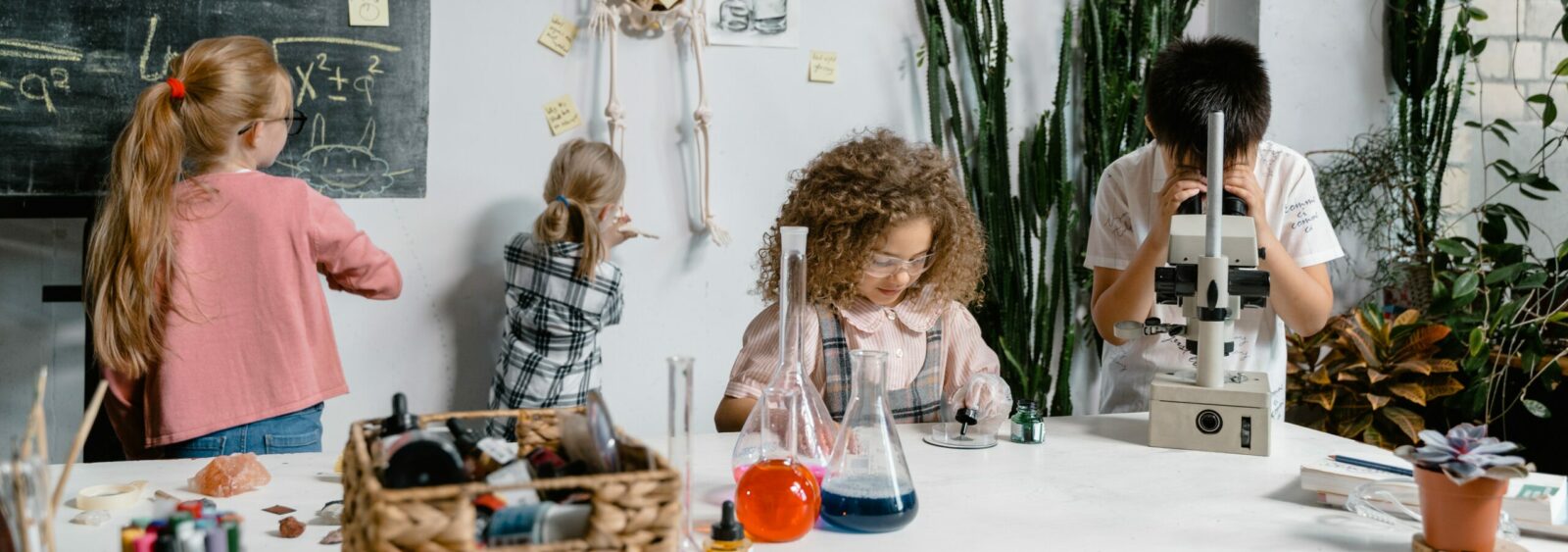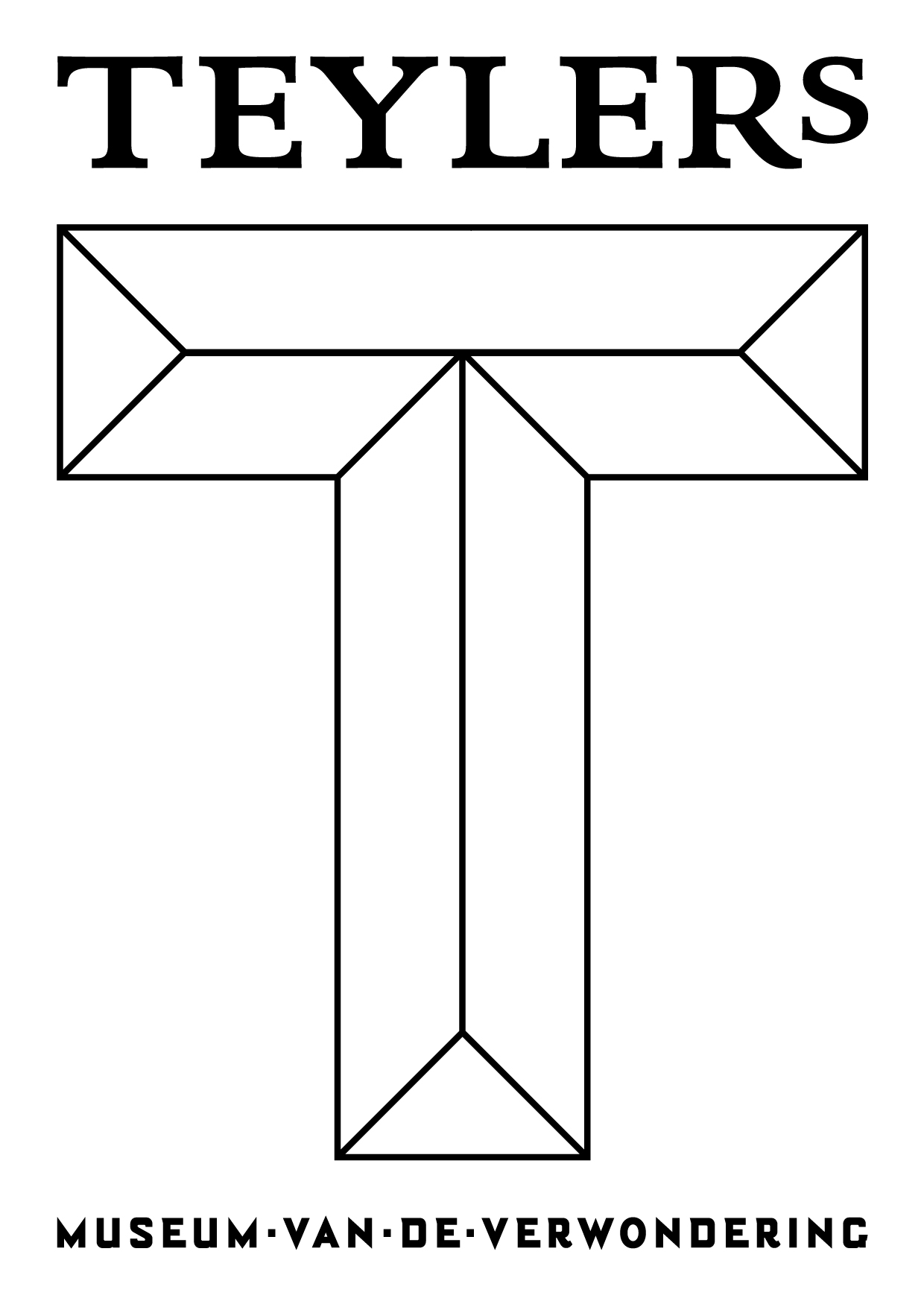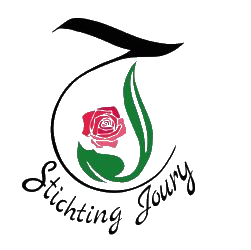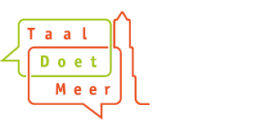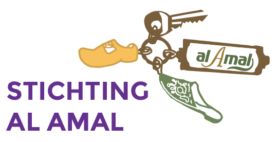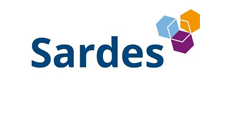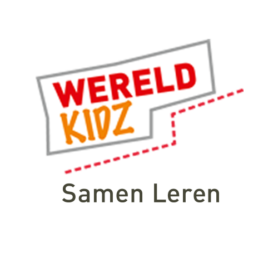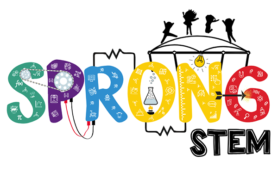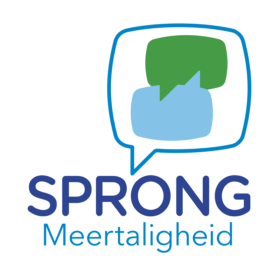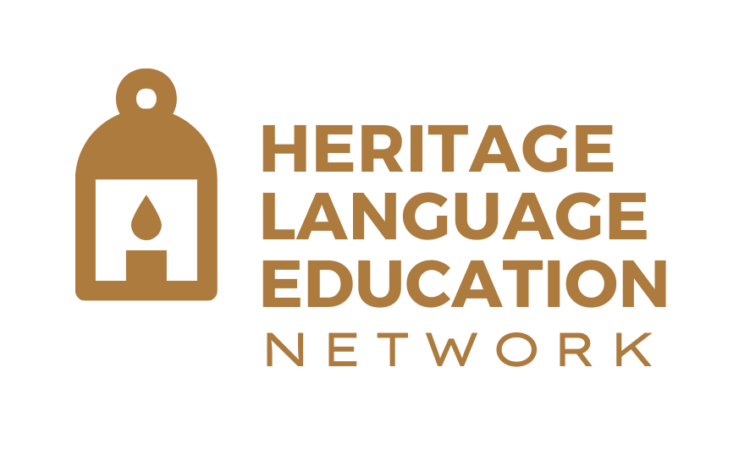
A parent perspective: Research Practice Partnerships
At Multi-STEM, we’re engaging in RPP’s (Research Practice Partnerships) in three contexts (home, science museums, school) to bring research and practice together. Working in RPP’s means working together with parents, caregivers, museum employees, teachers, school directors, and curriculum advisors throughout the research process, as each of these individuals provide a valuable perspective on supporting the…
Read more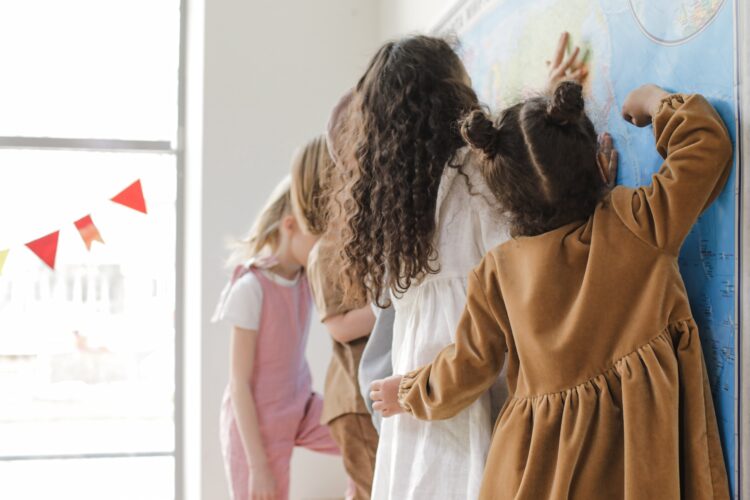
“I have been to the museum, too”: Why newcomer children should go with their schools to science museums
In this post, we show a glimpse of newcomer children’s experiences at Teylers, the oldest museum of the Netherlands. Science, history and multiple languages come together as the museum guides tell the children all about Saussure’s Mont Blanc expedition. Take a look!
Read more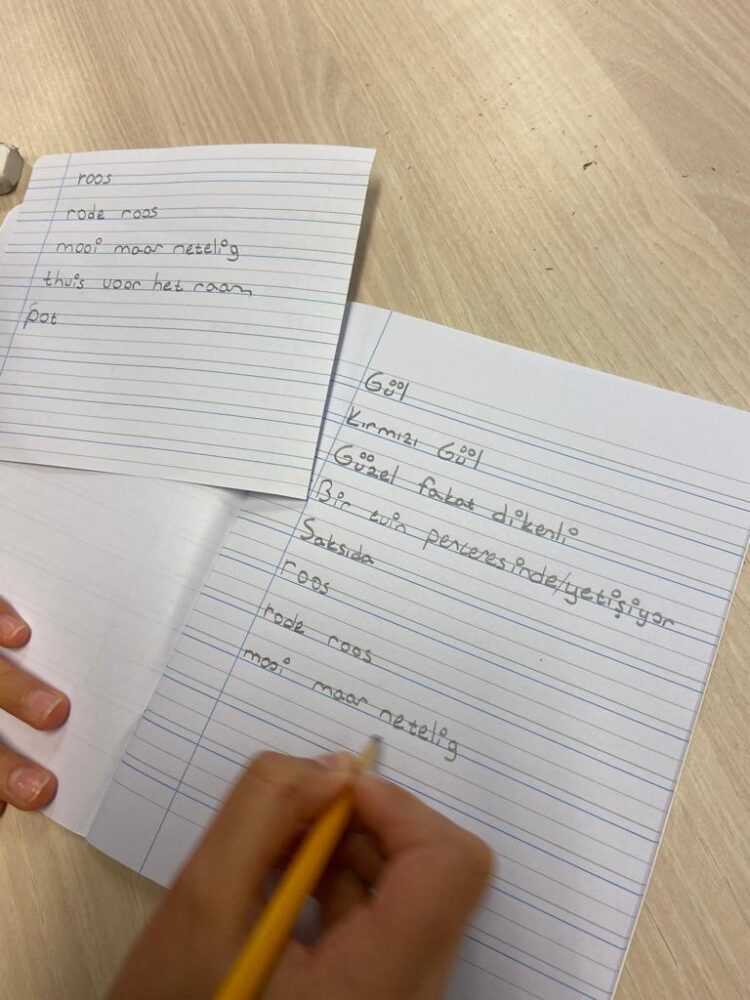
The home language is a key, a bridge, and a mirror
The home language is a key, a bridge, and a mirror. At a conference for primary education in the Netherlands last week, we explained these metaphors in our workshop. In this blog, we will show what we mean by the metaphors and how you can find them in practice.
Read more
How we talk about language matters: ‘Your’ language, ‘your’ country
We tend to think that people’s language is the language spoken in the country where they were born. And, to a certain extent, that is true. In many cases, that language is strongly connected to who we are: our family and friends, memories, dreams, and knowledge. But is that the only language that is ours? Is that the only country that is ours?
Read more
The PISA report shook up the Netherlands – what to do?
The PISA report shows that the Netherlands have declined in all subjects. This means lower scores for reading, mathematics, and science. This decline was stronger for students with a migration backgrounds, than for non-migrant students. This shows that the performance gap became bigger.
Read more
Migrant families at a language crossroad
In this post, we show how migrant families sit at a language crossroad: to learn a new language and adapt to a new culture, while preserving their own home language and cultural identity. Multilingualism, an already widespread phenomenon, can be a key to supporting families in the migration process. It can also help enrich contexts for action and interaction.
Read more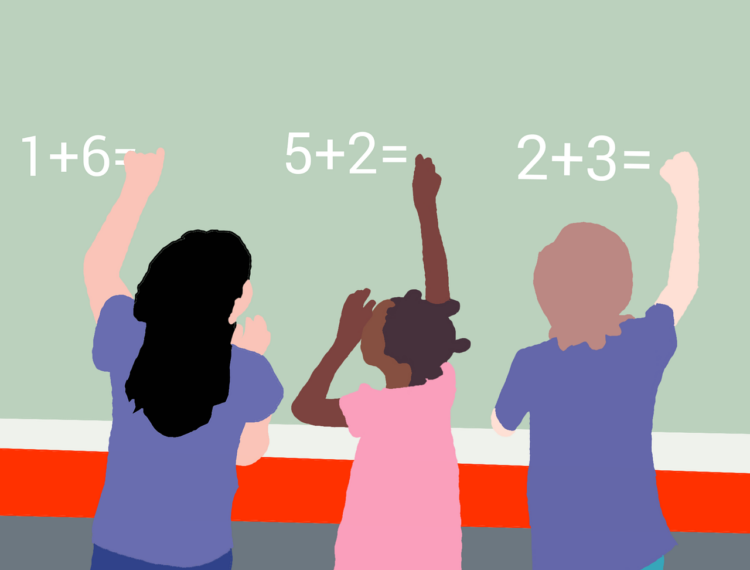
The value of multilingual communication
Communication comes to a halt when monolingualism is demanded. Encouraging classroom participation – no matter the language used – empowers newcomers to share their knowledge and to feel safe in their classroom.
Read more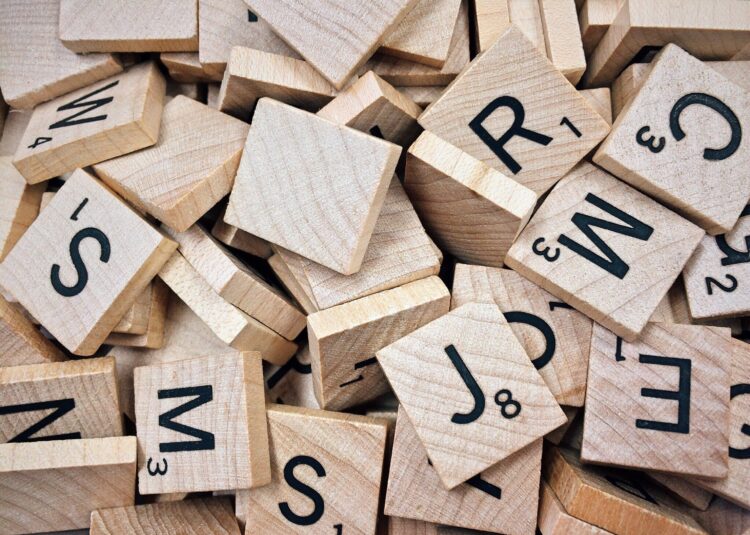
3 benefits of welcoming home languages into our classrooms
Many educators are uncertain about the benefits of translanguaging – the use of home languages when teaching. We’ve read more than 90 publications on this topic and the results are clear: translanguaging has multiple benefits. Here we present 3 ways in which this approach could help multilingual children with a migrant background.
Read more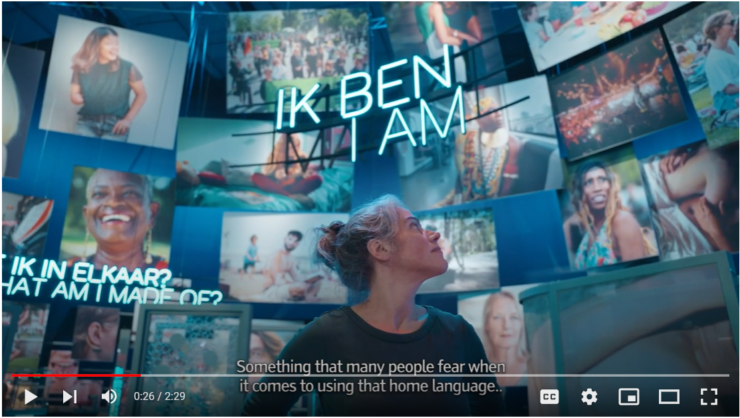
The Multi-STEM project in 2.5 minutes!
Project leader Elma Blom, together with the help of Zahraa Attar and partner NEMO, explains in 2.5 minutes exactly what Multi-STEM does. We are a 6-year research project and have been working closely with our 31 (practice) consortium partners from the very beginning. Would you also like to know what Multi-STEM does? Watch it here.
Read more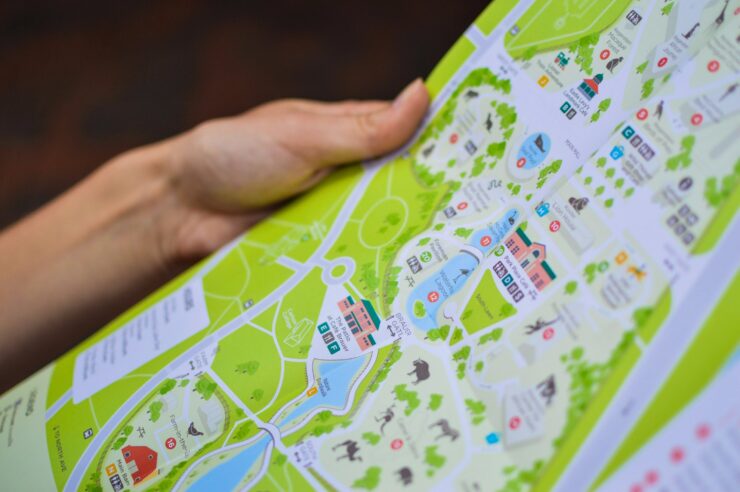
Two university students visit a science museum with multilingual families
In this post, two bachelor’s students share their experiences on visiting one of our partner museums with multilingual families. Their experiences give insight into the feelings and thoughts of these families, who are not in the habit of going to science museums in their free time. Curious about what happened? Read the post to find out!
Read more